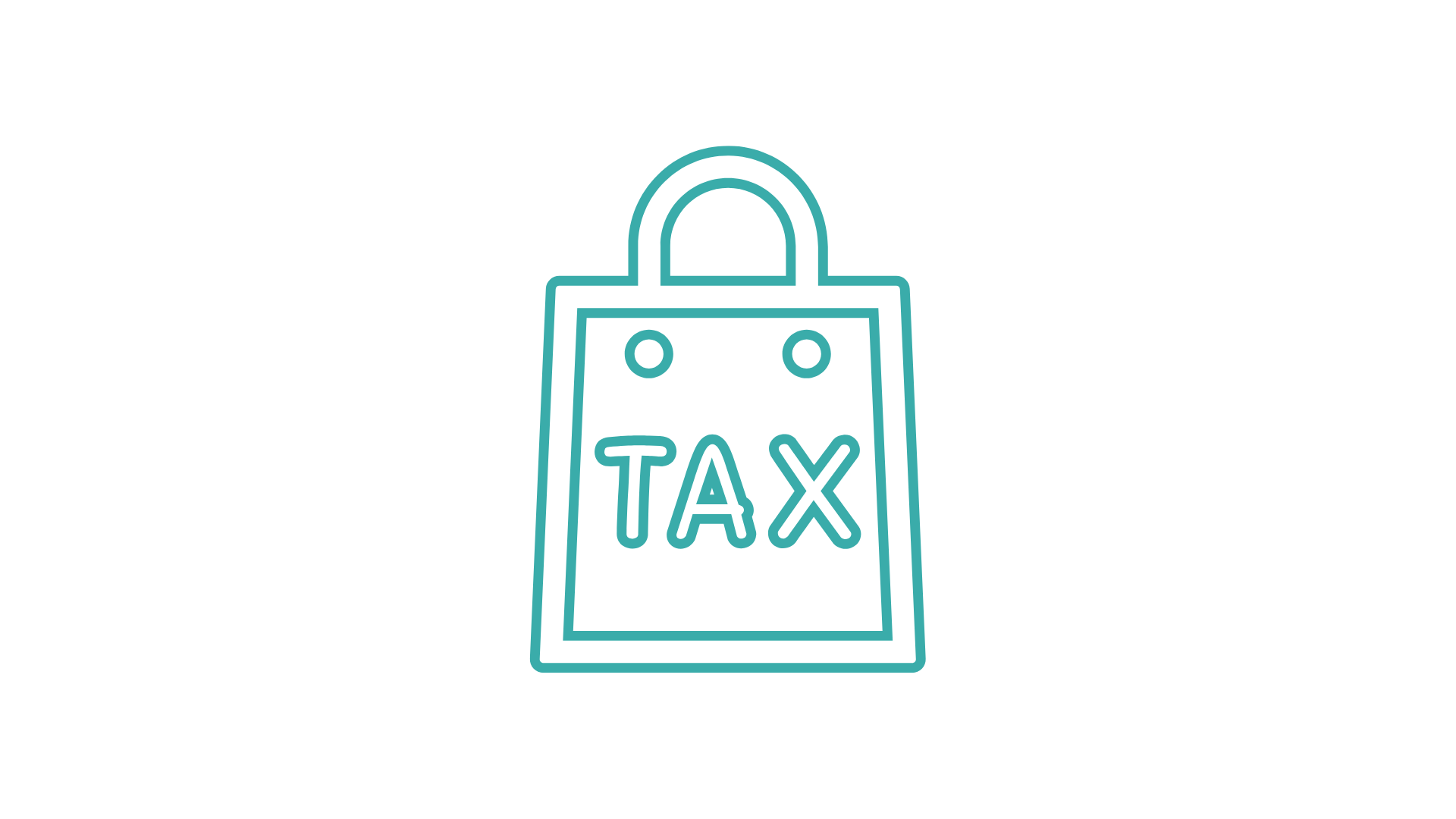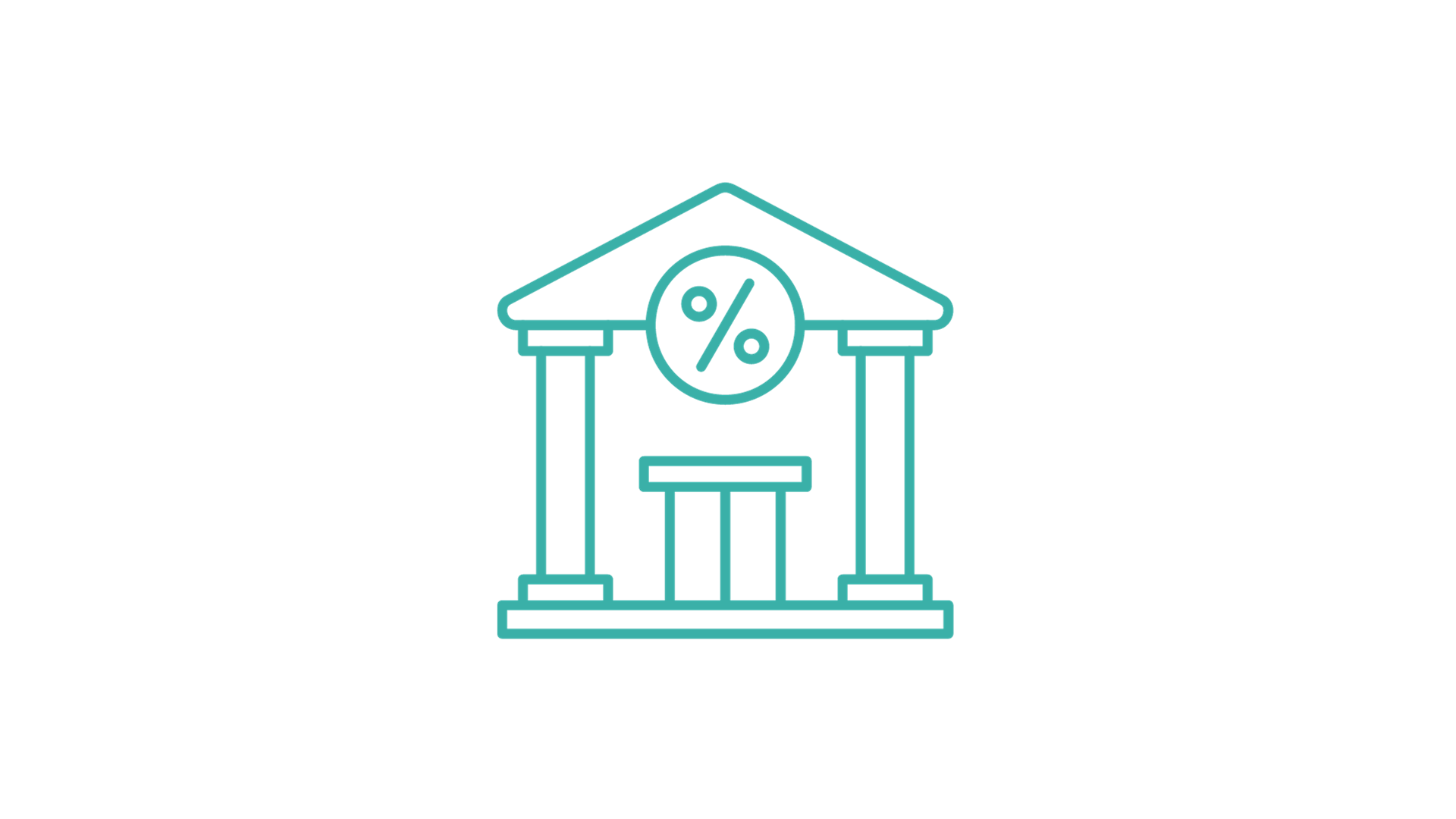Small taxpayer companies can take advantage of privileges that larger entities do not have. One of them is the cash VAT settlement, also known as the cash method. This is primarily beneficial for entrepreneurs issuing invoices with a long payment date. What exactly is the cash VAT method and how to use it?
What is the VAT cash method?
Standard VAT settlement, or the accrual method, means that the entrepreneur shows invoices issued in a given period in the tax return for that period – regardless of whether they have been paid. This means that VAT must be paid even if we have not yet received money from contractors. It is completely different in the case of the cash method, also known as the simplified method. The cash basis allows VAT to be paid only when the invoice has been settled. In the case of sales to a non-business entity, VAT must be settled no later than 180 days from the date of delivery of the goods or provision of the service.
[accounting_banner]
Example:
Mr. Stanisław is a small taxpayer and settles VAT using the cash method. In February, he issued an invoice for PLN 15,000 + PLN 3,450 VAT. However, he did not receive payment for the invoice until April. This means that in the settlement for April or for the second quarter (if he settles quarterly), Mr. Stanisław will pay PLN 3,450 of tax due. If he settled as standard, he would have to pay VAT in the settlement for February - regardless of whether the contractor has already settled the invoice.
Due to the special method of settling VAT, in accordance with Article 106e paragraph 1 point 16 Act on Goods and Services Tax the invoice should include the note "cash method". Entrepreneurs who choose the cash method must to settle VAT quarterly, except for the first 12 months from the date of VAT registration, when they should account for VAT monthly.
Advantages and disadvantages of the cash method
The cash method on the invoice has both advantages and disadvantages. The decision to choose it should be made together with an accountant, who will analyze the company's situation and present the available options. Our online accounting office serves both entrepreneurs using the accrual method and small taxpayers who decide to choose the cash method.
The advantages of the cash method include:
- VAT settlement quarterly instead of monthly;
- in the case of transactions for an active entrepreneur, VAT is paid only after the invoice has been paid, which is advantageous in the case of issuing invoices with a long payment deadline;
- no need to look for additional sources of financing.
The disadvantages of the cash method include:
- the possibility of deducting VAT from cost invoices only in the settlement for the period in which the entrepreneur settled them;
- the fact that the purchaser of goods or services of a taxpayer settling accounts using the cash method can deduct VAT from invoices only at the time of payment, which may have an adverse effect on cooperation;
- availability only for small taxpayers;
- the cash method can be selected at the beginning of your business activity, with monthly settlement being applicable for the first 12 months;
- it is not possible to return to the accrual method for the first 12 months of using the cash basis.
Cash accounting and income tax
The amendment is to enter into force on 1 January 2025. Personal Income Tax Act, according to which micro and small entrepreneurs will be able to benefit from cash PIT. The purpose of this amendment is to enable the calculation of revenues and costs of obtaining revenues based on the actual settlement of receivables. Cash PIT means that the tax liability arises only at the time of payment, and not - as before - at the time of issuing an invoice.
The cash method of settling PIT will be available to entrepreneurs who:
- from independently conducted business activity in the year preceding the tax year they achieved revenues not exceeding the equivalent of 1,000,000 euros;
- they do not keep accounting books;
- submit a declaration to the head of the tax office regarding the selection of the cash method by 20 February of the tax year (in the case of commencement of business activity, this will be the 20th day of the month following the month in which the activity commenced);
- they settle income tax according to the tax scale, flat tax, lump sum tax on recorded income or IP BOX.
FAQ – Frequently Asked Questions
Who is a small VAT payer?
A small VAT payer is an entrepreneur whose sales value (including the amount of tax) did not exceed the amount equivalent to PLN 100,000 in the previous tax year. 2,000,000 euros. A small taxpayer may also be a VAT taxpayer running a brokerage firm, managing investment funds (including alternative ones), being an agent, contractor or other person providing services of a similar nature (except for a commission) - in such a situation, the limit of 45,000 euros. A small taxpayer can benefit from such privileges as cash VAT settlement and quarterly VAT settlement (instead of monthly).
How to choose the VAT cash method?
The choice of this method should be reported to the head of the tax office before the end of the month preceding the period in which we want to start settling accounts using the cash method. The VAT-R form is used to report this choice.
Is it possible to opt out of the cash method?
Yes. However, you can only return to the accrual method after 12 months from the start of using the cash method – it is best to do this in the last month of the given quarter. The resignation should be submitted on the VAT-R form.


